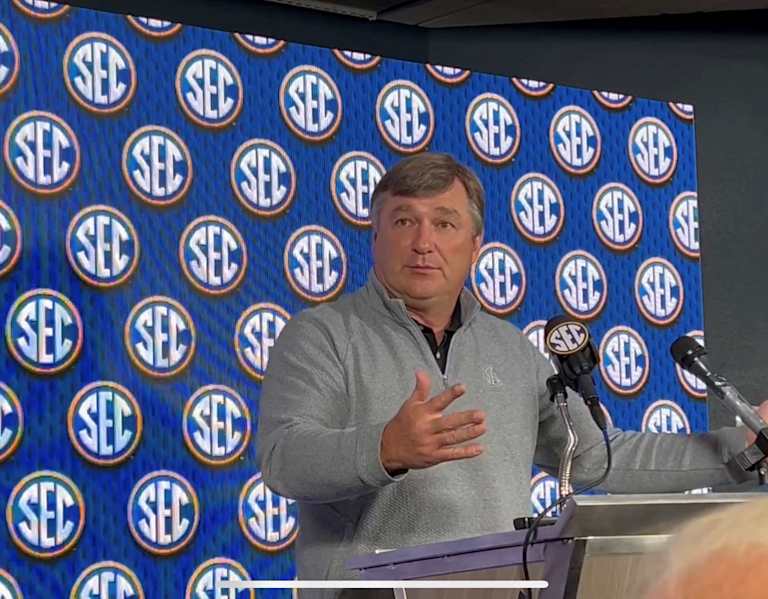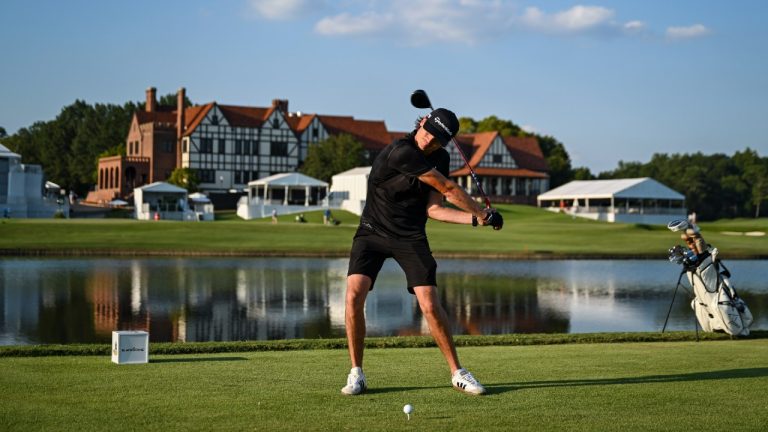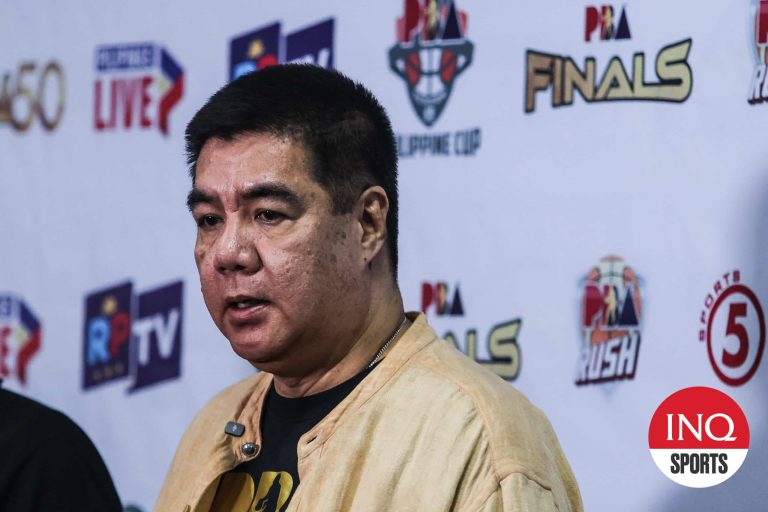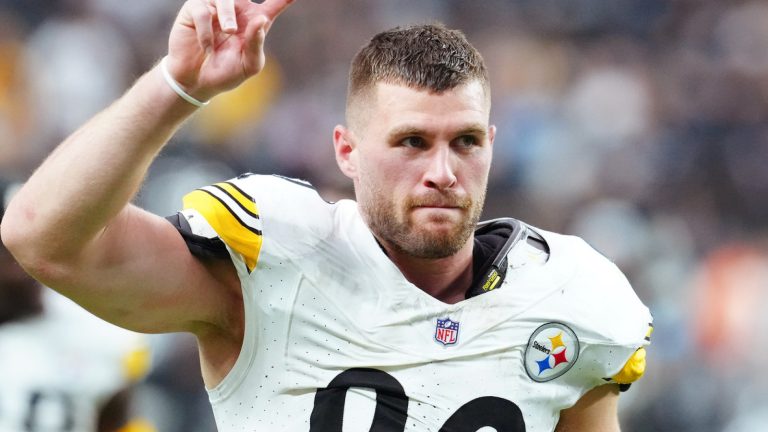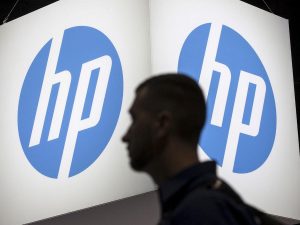According to Smart, some collectives (none in the SEC, of course) are compensating high school players upward of $20,000 per month to remain committed and then eventually sign with their school.
“Teams that are usually good at recruiting right now are doing it,” Smart said. “Kids are getting money but if you decommit you owe that money back. These are high school kids getting money from an entity not affiliated with the university but is a collective of the university.”
How one wants to define affiliated is up to them but it’s pretty well-known that coaches often talk to collectives to determine which players to target with their money and what will be needed to land their commitment.
Smart has taken a different approach than many other coaches who clearly have a pay-for-play model when it comes to recruiting. He made his comments just about two weeks after five-star offensive tackle Jackson Cantwell chose Miami over the Bulldogs.
Cantwell talked highly about his relationship with Miami coach Mario Cristobal and position coach Alex Mirabal and how that was the deciding factor. But in the background was super agent Drew Rosenhaus working a reported $2 million-per-year NIL deal for the Nixa, Mo., standout.
Georgia had to fight tooth and dollar until the end to get the recommitment of five-star quarterback Jared Curtis from Nashville (Tenn.) Christian. UGA beat out Oregon, which has all the Nike money to land players and hasn’t been shy about it in the past.
Whether right or wrong, Smart’s approach has not been to blow the Georgia money stack on one superstar player but to spread his bets around to multiple players. There has also been a hesitancy to promise massive money upfront but not shy away from paying more once production has been shown in the early years in Athens.
After reading Smart’s comments, lawyer Darren Heitner, who deals with NIL issues, took to social media and said: “The only reason Kirby Smart is complaining about high school players receiving compensation is that Georgia is losing out on players. You don’t hear criticism from the schools winning the recruiting wars and the athletes who are benefiting in the process.”
That has not been necessarily true in Georgia’s case although there have been some recruiting battles that even people inside the building were uncertain of how they’d go down the stretch because opponents have come in with big bags late. Cantwell was one. Georgia wasn’t certain on Curtis until right before decision time.
Like Smart said on a different topic this week, there’s no complaining from the yacht. The Bulldogs are hardly struggling.
Georgia has the No. 10 recruiting class right now in the 2026 class. In the last four recruiting cycles, the Dawgs have finishes of No. 1, two No. 2s and a No. 3 class. In 2021 and 2022, Georgia won back-to-back national championships for the first time in a decade since Alabama did it in 2011-12.
When then-Alabama coach Nick Saban called out then-Texas A&M coach Jimbo Fisher for buying players in the Aggies’ 2022 class that finished atop the Rivals team rankings one spot ahead of the Crimson Tide, it set off a firestorm of back-and-forth bashing and ridicule. Fisher went off on Saban, who finally dialed it back but the message was sent.
In only those few short years, the NIL landscape has transformed college football recruiting in many ways. What was once illegal is now perfectly fine.
Change is most likely coming with the House settlement and revenue sharing in many ways. One reason Saban left the game was because of NIL, no doubt, as players came into his office asking what he was going to give them. Enough was enough.
Smart might not be at the end of his rope just yet but there are certainly frustrations. Right or wrong, he’s going to do things his way and whether he lands the next Cantwell or not, we’ll see if the NIL tide causes waves too big to handle.
